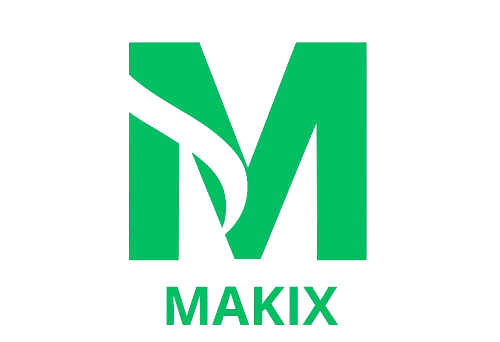In today’s digital age, having a robust online presence is crucial for businesses of all sizes. WordPress, with its user-friendly interface and vast ecosystem of plugins and themes, has become one of the most popular platforms for building websites. However, not all businesses have the resources or expertise in-house to develop and maintain a WordPress site. This is where outsourcing WordPress development comes into play.
Outsourcing WordPress development involves hiring external agencies or freelancers to design, develop, and maintain your WordPress website. This approach offers several benefits, including cost-effectiveness, access to specialized skills, and flexibility. However, it also comes with its challenges and considerations. In this guide, we’ll explore the ins and outs of outsourcing WordPress development to help you make informed decisions for your business.
Benefits of Outsourcing WordPress Development:
- Cost-Effectiveness: Outsourcing WordPress development can WordPress Outsourcing be more cost-effective than hiring an in-house team. You can save on overhead costs such as salaries, benefits, and infrastructure expenses.
- Access to Specialized Skills: By outsourcing, you gain access to a pool of talented developers with expertise in WordPress development. These professionals can bring fresh ideas and innovative solutions to your project.
- Faster Time to Market: External agencies or freelancers are often more agile and can deliver projects within shorter timeframes. This can be particularly advantageous for businesses looking to launch their websites quickly.
- Focus on Core Activities: Outsourcing WordPress development allows you to focus on your core business activities while leaving the technical aspects to the experts. This can improve overall efficiency and productivity.
- Scalability: As your business grows, you may need to scale your website accordingly. Outsourcing gives you the flexibility to ramp up resources as needed, without the hassle of hiring and training new staff.
Challenges of Outsourcing WordPress Development:
- Communication Barriers: Working with remote teams can sometimes lead to communication challenges, especially if there are language or cultural differences. Clear communication channels and project management tools are essential to overcome this hurdle.
- Quality Control: Maintaining quality standards can be challenging when outsourcing WordPress development. It’s crucial to thoroughly vet potential partners and establish clear expectations from the outset.
- Security Concerns: Entrusting sensitive business data to external parties can raise security concerns. Make sure to sign appropriate non-disclosure agreements (NDAs) and implement security best practices to protect your assets.
- Dependency on Third Parties: Relying on external vendors for WordPress development means you’re dependent on their availability and reliability. It’s essential to choose reputable partners with a proven track record of delivering quality work on time.
- Lack of Control: Outsourcing means relinquishing some control over the development process. While this can be beneficial in terms of freeing up resources, it’s essential to strike the right balance and maintain oversight of your project.
Key Considerations When Outsourcing WordPress Development:
- Define Your Requirements: Clearly define your project requirements, including design preferences, functionality, and timelines, before approaching potential outsourcing partners.
- Research and Vet Potential Partners: Take the time to research and vet outsourcing agencies or freelancers thoroughly. Look for experience, expertise, portfolio quality, and client testimonials to gauge their suitability for your project.
- Establish Clear Communication Channels: Effective communication is critical for successful outsourcing. Set up regular meetings, use project management tools, and establish clear channels for feedback and updates.
- Agree on Terms and Contracts: Before commencing work, make sure to agree on terms, deliverables, timelines, and pricing structures with your outsourcing partner. Having a legally binding contract in place can help prevent misunderstandings and disputes down the line.
- Maintain Ongoing Collaboration: Treat outsourcing partners as an extension of your team rather than external entities. Foster a collaborative working relationship to ensure alignment with your goals and objectives.
In conclusion, outsourcing WordPress development can be a strategic decision for businesses looking to leverage external expertise, reduce costs, and accelerate time to market. However, it’s essential to approach outsourcing with careful consideration, taking into account the benefits, challenges, and key considerations outlined in this guide. By doing so, you can maximize the potential of outsourcing while mitigating potential risks and pitfalls.
